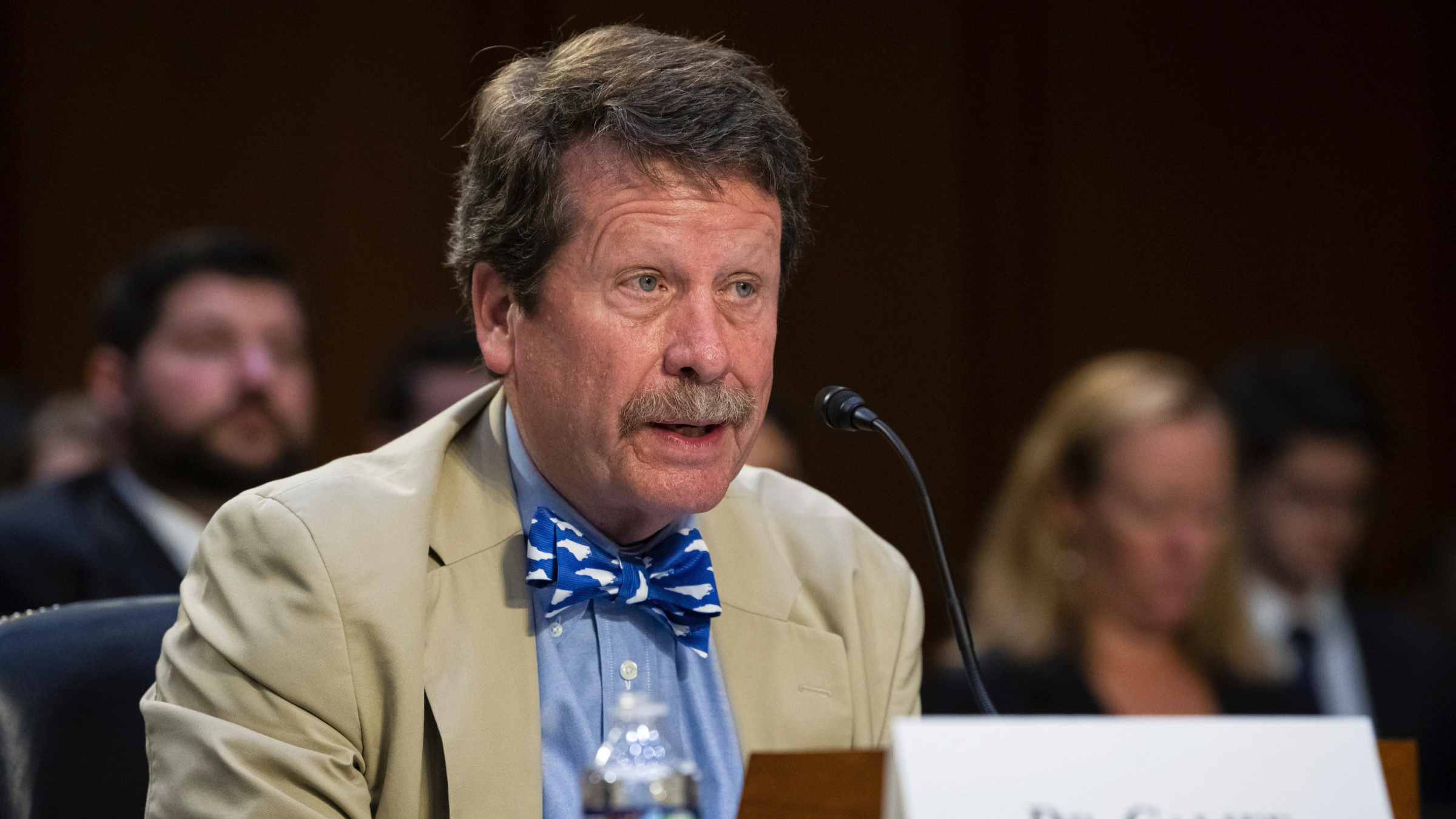
FDA commissioner on accelerated approval reforms: 'Need to address as soon as possible'
As Congress punted the user fee riders on accelerated approval pathway reforms, FDA commissioner Rob Califf made clear at a conference this week that such reforms need to happen “as soon as possible.”
The comment, coming near the end of a speech Califf made Monday at the National Organization for Rare Disorders’ annual conference, followed similar suggestions for reforms as officials at the FDA’s Oncology Center of Excellence, who took to the NEJM late last month arguing for improvements to the agency’s ability to expeditiously pull dangling accelerated approvals, which occur when, on the rare occasion, confirmatory trials fail, but also better building “quality and efficiency into the AA on-ramp.”
Unlock this article instantly by becoming a free subscriber.
You’ll get access to free articles each month, plus you can customize what newsletters get delivered to your inbox each week, including breaking news.